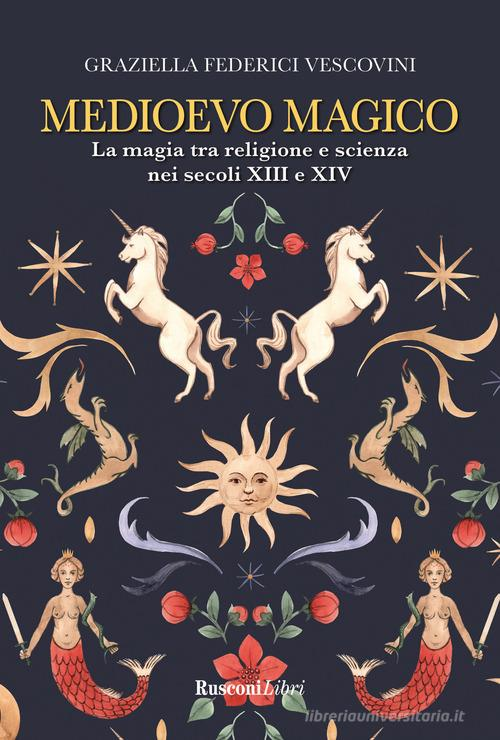
The Museo Galileo joins in mourning the passing of Graziella Vescovini Federici, professor emerita of History of Philosophy. Born in La Spezia in 1933, she had a distinguished academic career. From 1965 through 1981, she taught History of Medieval Philosophy at the Faculty of Arts and Philosophy of the University of Turin. She then moved to the University of Sassari, where she taught History of Ancient and Medieval Philosophy at the Faculty of Education until 1985. After teaching in Parma, she joined the University of Florence in 1996, teaching History of Philosophy and History of Science at the Faculty of Education. In 1988, Graziella Vescovini Federici was awarded the Salotto Veneto Prize for her critical edition of Pietro d'Abano's Lucidator dubitabilium astronomiae, thanks to which she was invited to join the prestigious Académie Internationale d'Histoire des Sciences in Paris.
Her international involvement began even earlier; since 1962, she had been a member of both the Société Internationale pour l'Etude de la Philosophie Médiévale (Louvain-la-Neuve, Belgium) and the Société Internationale d'Histoire des Sciences et de la Philosophie Arabes et Islamiques (Paris). At the University of Florence, she also served as Director of the Institute of Educational Sciences and President of the Multimedia Education degree program. Her extensive bibliography includes Lucidator dubitabilium astronomiae by Pietro d'Abano (critical edition, Padua, 1988), Contributions on Nicola Cusano, La dotta ignoranza (translation, introduction, and notes, Rome, 1991), Astrologia, scienza, filosofia e società nel Trecento europeo, Proceedings of the International Conference, Parma, 5-6 October 1990, edited by G. Federici Vescovini and F. Baroncelli (Padua, 1992), Le teorie della luce e della visione ottica dal IX al XIV secolo. Studi sulla prospettiva medievale (Perugia, 2003), Le Moyen âge magique, La Magie entre religion et science (Paris, Vrin, 2011).
In 2013, she generously decided to leave her vast library of philosophical and historical-scientific works to the Museo Galileo Library as a posthumous gift.

 EN
EN  IT
IT 
